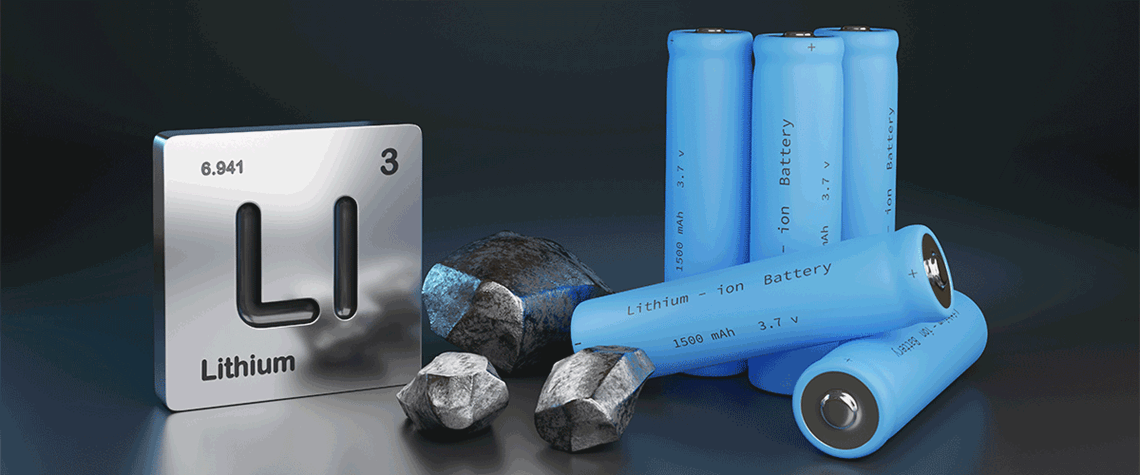Avoiding old geopolitical paradigms for new energy challenges
The US needs critical minerals for the energy transition, but its strategy for securing supplies should not mirror its approach to fossil fuels
I joined a workshop in early April on the geopolitics of the energy transition, hosted by nonprofit the Stanley Center for Peace and Security and climate change thinktank E3G. Although the workshop touched on a wide range of challenges, those related to critical raw minerals (CRM) stood out. Washington has clearly woken up to the need to secure CRM, but it risks overlaying old frameworks onto new challenges. Specifically, it risks overplaying great power rivalry and treating CRM like fossil fuels. At stake is the pace and extent of the energy transition, and the commercial opportunities it should yield. For context, the workshop laid out a few key points. First, that the transition to clean

Also in this section
9 January 2026
A shift in perspective is needed on the carbon challenge, the success of which will determine the speed and extent of emissions cuts and how industries adapt to the new environment
2 January 2026
This year may be a defining one for carbon capture, utilisation and storage in the US, despite the institutional uncertainty
23 December 2025
Legislative reform in Germany sets the stage for commercial carbon capture and transport at a national level, while the UK has already seen financial close on major CCS clusters
15 December 2025
Net zero is not the problem for the UK’s power system. The real issue is with an outdated market design in desperate need of modernisation








